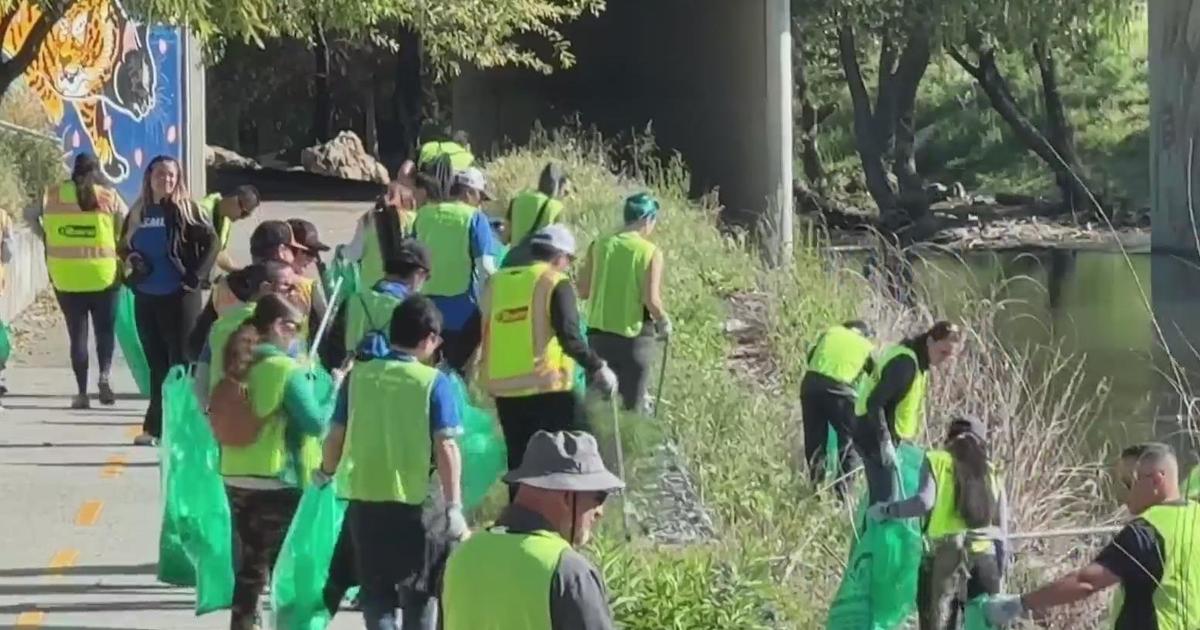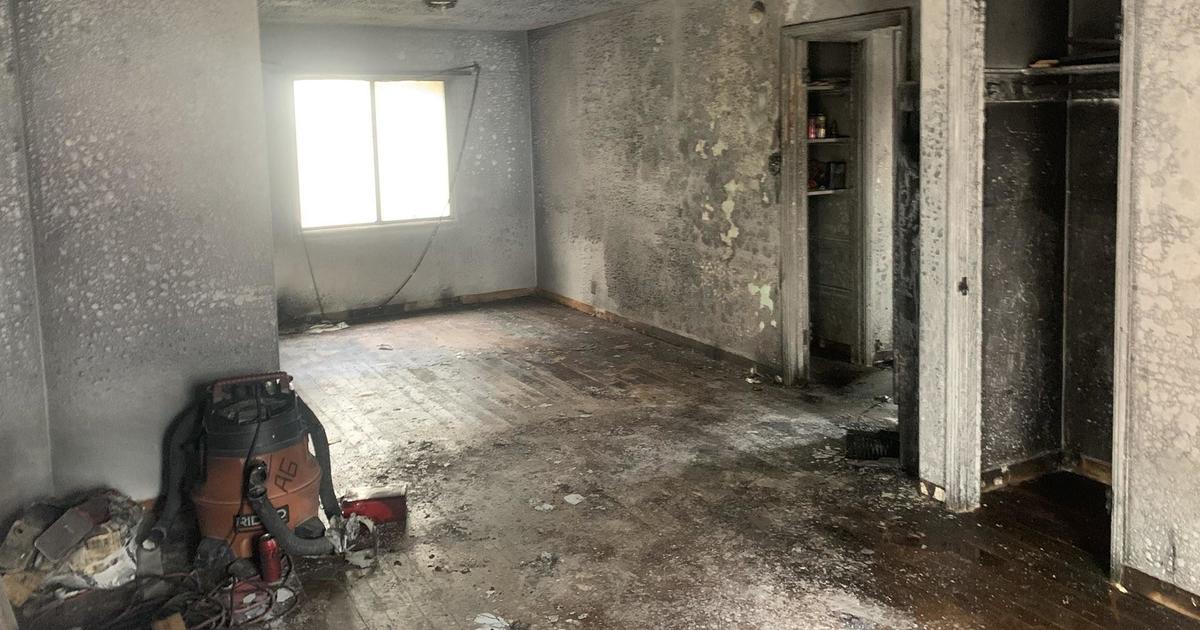Bay Area Scientist Among Thousands Seeking One-Way Trip To Mars
SAN JOSE (KPIX 5) -- Two hundred thousand people have signed up for an unlikely trip, including some people from the Bay Area. They all want to volunteer for a trip to Mars.
It's the Mars One project, organized by a Dutch group that plans to establish the first human settlement on the red planet.
Thousands of people have gone through several rounds of interviews. Applicants range from ages 20 and up.
Related Link:
The people behind the venture are not crackpots, but some are scientists and engineers who have real life experience working on space projects.
"Certainly we have the technology today to live on Mars. We understand how to do life support, we understand how to scrub the carbon dioxide from the air. We understand all those things," said Steve Stitch, deputy director of engineering at NASA's Johnson Space Center.
NASA hopes to be there in 2030, but several private companies are hoping to colonize mars sooner than that with one small catch.
"They fly on a one way trip to Mars and we settle there," said Dr. Norbert Kraft, the San Jose resident who is the chief medical officer for Mars One.
The candidate pool has been whittled down to 1,500 and will get smaller before the trip is expected to take off in 2024.
Of course, all this costs money. The project hopes to raise funds through reality TV contests where the applicants will face off in a variety of challenges.
The future Mars residents won't just be retired astronauts, but Mars One is looking for all kinds of folks with exceptional teamwork skills. And they'll have to prove their mettle.
"We want to have four MacGyver's on the team. We want them to have the knowledge. We want them to have the backup and then he has to come up with ideas with what he has around to solve the problem on the spot," Kraft said.
The mars travelers will have bring their own oxygen and water.
And there's a good reason they won't come back.
"To fly back seven months in zero gravity, you lose about 11 percent bone density and then the re-entering the gravity of the earth will crumple your bones," said Dr. Michele Gates, senior technical adviser with NASA.



